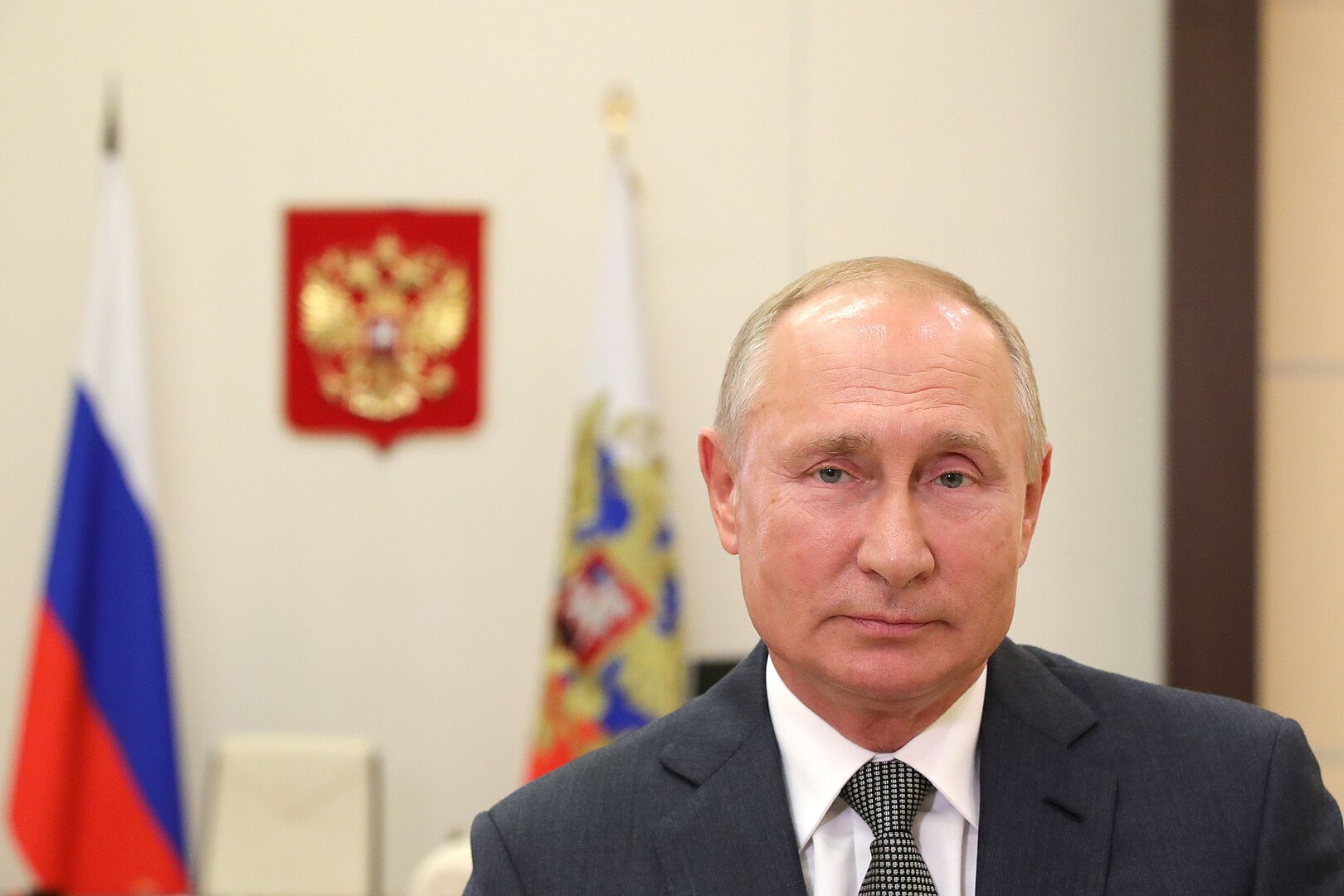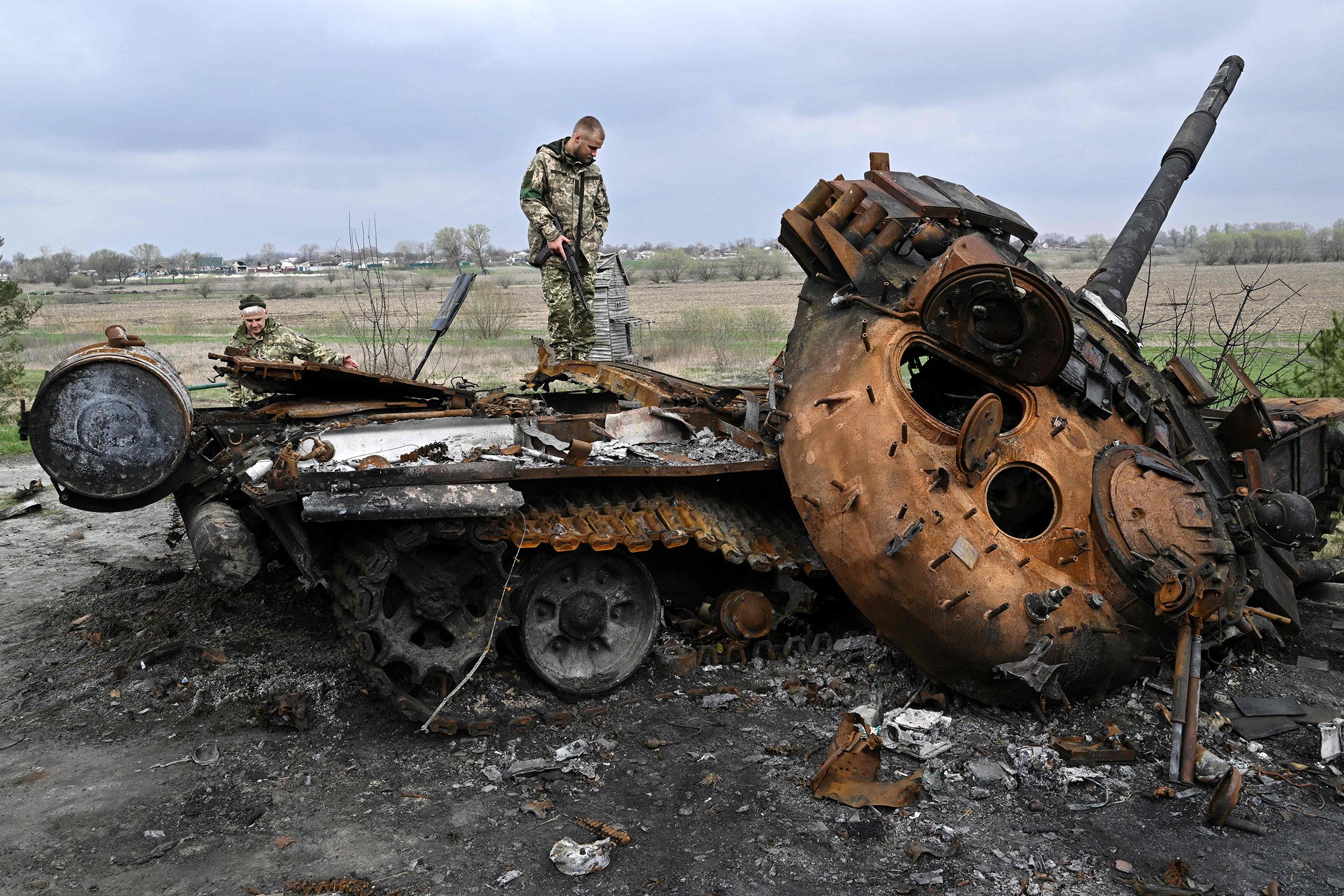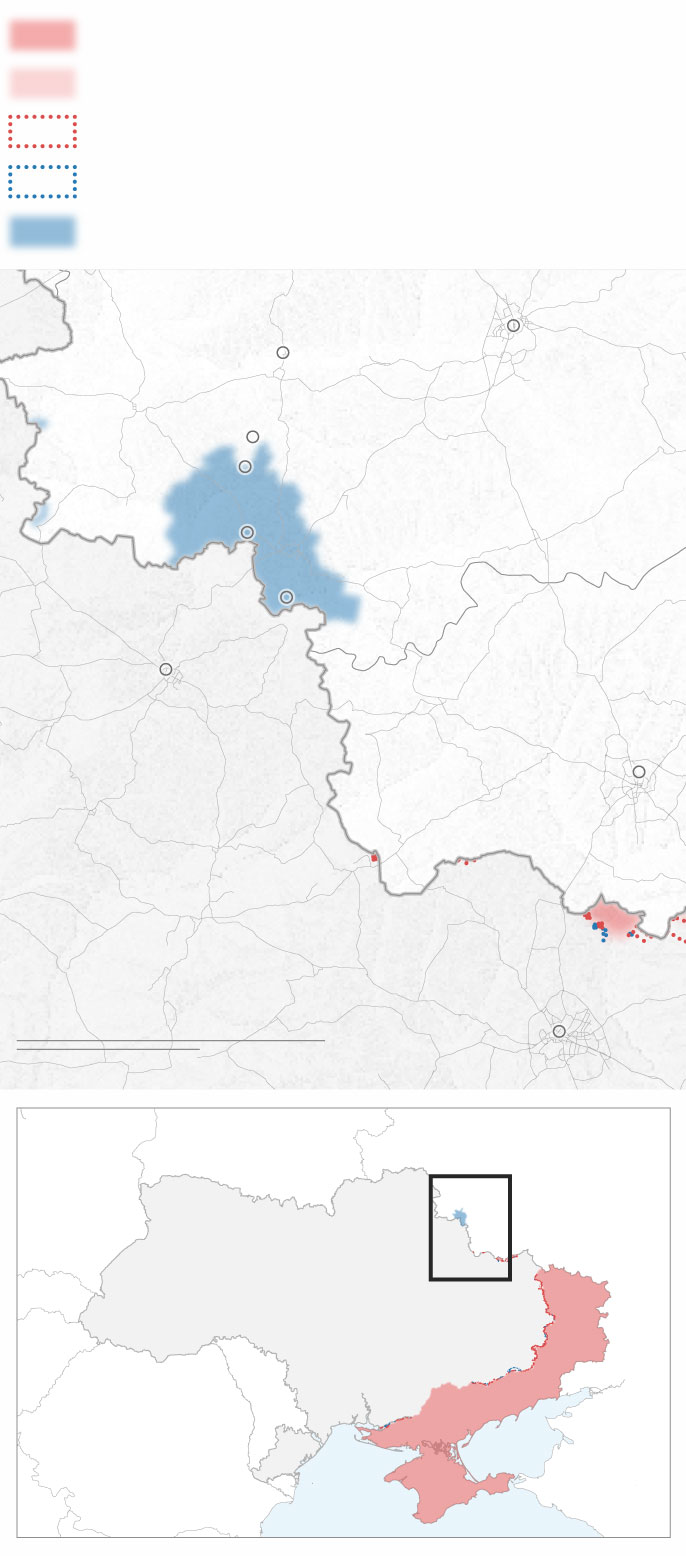Ukraine’s advance into Russia highlights Putin’s crisis management issues

After Ukrainian troops breached a Russian border and advanced through Kursk, Putin took over a day to respond, later pledging military action only after significant losses.
In March, following a deadly attack in Moscow, he delayed addressing the nation and blamed Ukraine and the West, despite ISIS-K’s claim of responsibility.
During the Wagner mutiny last June, Putin’s response was erratic, initially condemning the mutiny but later offering contracts to the mercenaries and meeting their leader, who was later killed in a plane crash.

This week, Putin visited School No. 1 in Beslan, marking the first visit in 16 years, just before the 20th anniversary of the 2004 terror attack that killed over 300 people.
The European Court of Human Rights had previously criticized Russian authorities for their disorganized response to the attack.
Boris Bondarev, a former Russian diplomat, criticized Putin’s crisis management, noting his tendency to create and control crises rather than effectively manage them.
The surprise offensive left the Kremlin reeling. Experts say Russia’s military response in Kursk mirrors the president’s own mishandling of the situation.
– Evaluated Russian control
– Evaluated Russian advances
– Reported Russian control
– Reported Ukrainian counteroffensives
– Reported Ukrainian incursion

The varied Russian forces have struggled to coordinate an effective resistance, with pro-Russian bloggers noting Ukraine’s exploitation of communication gaps.
Russia’s response has been disorganized, with Defense Minister Andrei Belousov appointing five officials to manage border security, a move that may create further confusion.
Despite this, after more than two weeks, Russian troops have shown signs of more coordinated resistance.
General Mick Ryan believes Russia is moving past its initial disarray but suggests Putin’s focus remains on Donbas rather than Kursk.
